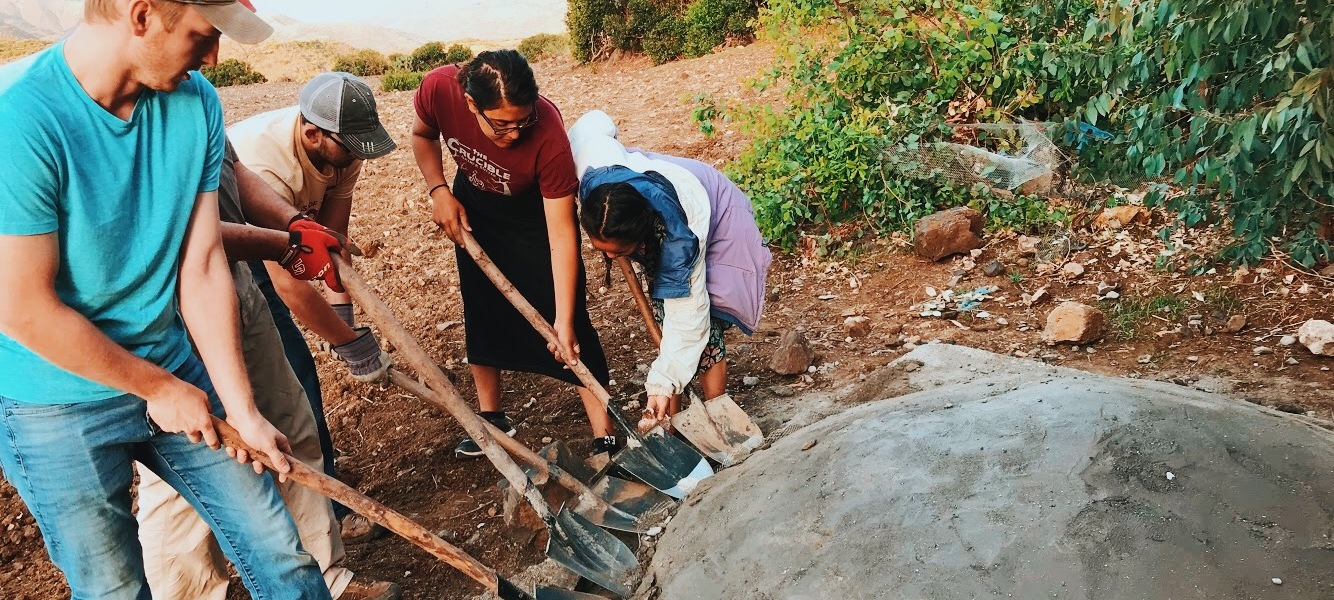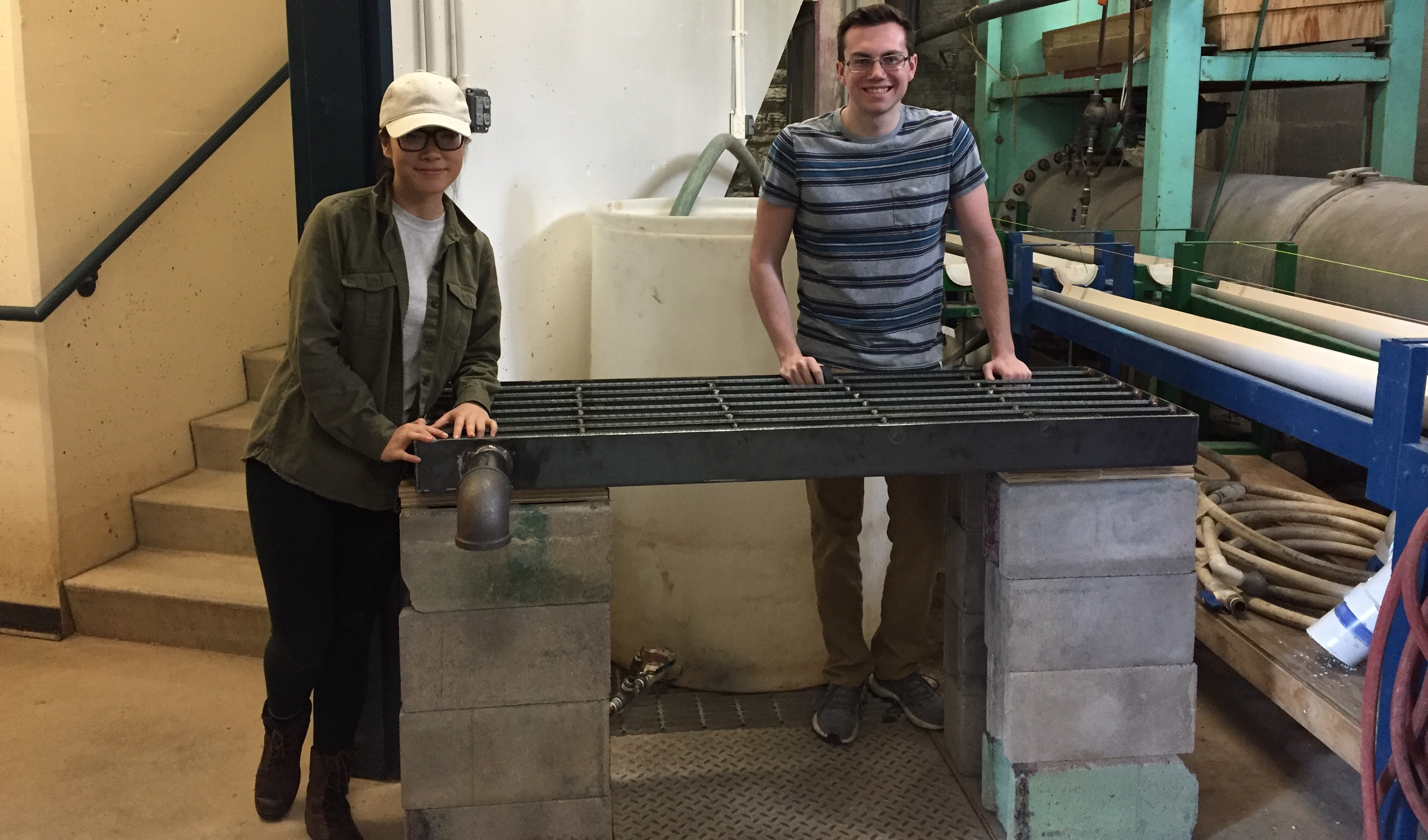
“All of the people in this room are smiling”
Summary
In the Spring of 2016, prominent members of the Ethiopian community in the Twin Cities area approached EWB-USA UMN with the opportunity for a potential collaboration with a rural community in Ethiopia. At the time this agricultural community, Filakit Geragera, Ethiopia, requested insight into the improvement of current irrigation water supplies, agricultural practices, and the creation of new water sources altogether.
In May 2017, a team of University of Minnesota students and professional mentors traveled to the community to assess and discuss their needs. The assessment yielded personal insight into community desires and requests for an improved, drip irrigation system, efficient water catchment system, and solar-powered injera cooker.
During the 2017-2018 school year, the Ethiopia Project Team designed an innovative multi-stage drip irrigation system, an open-spring water catchment device, and a solar injera cooker prototype. All systems were designed with materials available in Ethiopia, ensuring the accessibility and maintainability of the systems. In May 2018, another team departed to Filakit Geragera to work with the community to develop these systems. The trip yielded the completion of a drip irrigation tower in a field previously unused during the dry season, the burial of supply piping to the drip irrigation tower towards the source, the installation of the Muzit Spring Catchment System (MSCS) to improve the efficiency of current hand-dug dirt canals, and an installed prototype of a solar injera cooker.
During the 2018-2019 school year, the Ethiopia Project team continued developing designs for the pump and pipeline portion of the multi-stage drip irrigation system and a second iteration of a solar injera cooker prototype. In May 2019, a team of six students and three rotating mentors implemented the majority of the piping from the water source to the drip irrigation reservoir, repaired the reservoir for the planned system, and installed a second prototype of a solar injera cooker.
During the 2019-20 and 2020-21 school years EWB students worked remotely on the continued implementation in Filakit Geragera. Students worked on finalizing the designs, materials supplier, and installer for the drip irrigation system, continued to develop prototypes for a solar injera cooker, and designed a pipe bridge to increase accessibility to water for irrigated fields in the outlying community. EWB Students were planning to travel in Spring 2020, however due to Covid-19 travel restrictions from EWB-USA and the University of Minnesota, students weren’t able to travel. These travel restrictions carried over into Spring 2021. Remote assessment was conducted by an in-country engineer, Adane Nigussie, during the 2020-21 school year, where elevation and flow rate data were collected to finalize designs for the pipe bridge. Additionally, the solar pump was remotely installed for the Braqua pump and piping system.
The drip irrigation system and the pipe bridge designs are the two components remaining to be installed in Filakit. Due to the Covid-19 pandemic and the civil unrest in northern Ethiopia students have decided to wait to make travel plans until EWB-USA and the University decide it is safe. In the meantime, students have been making remote implementation plans with an engineering firm based in Addis, Ethiopia, called Afro Ethiopia Integrated Development, which designs and implements water, sanitation, and hygiene (WASH) projects in Ethiopia.
NGO Collaboration
EWB-USA UMN communicates regularly with Filakit Geragera throughout the year. This is accomplished with the assistance of local partners within Ethiopia. The Ethiopia Project works closely with a local chain of monastery leaders in the Filakit area to provide communication, materials, skilled labor, transportation, lodging, and board assistance during the design process and trips abroad. Furthermore, the breadth and influence of the Ethiopian Orthodox Church is a profound asset to the trust and safety between EWB-USA UMN and travel team members. This connection to local partners is vital. EWB-USA’s projects are most effective when the project trinity – collaboration between individual chapters, communities, and NGOs – works together and communicates regularly to develop sustainable projects in the best interest of the communities requesting the services.
Muzit Spring Catchment System
Check out the work we have been doing to harness spring water using a catchment system. A similar system was implemented in the community in May 2018.
